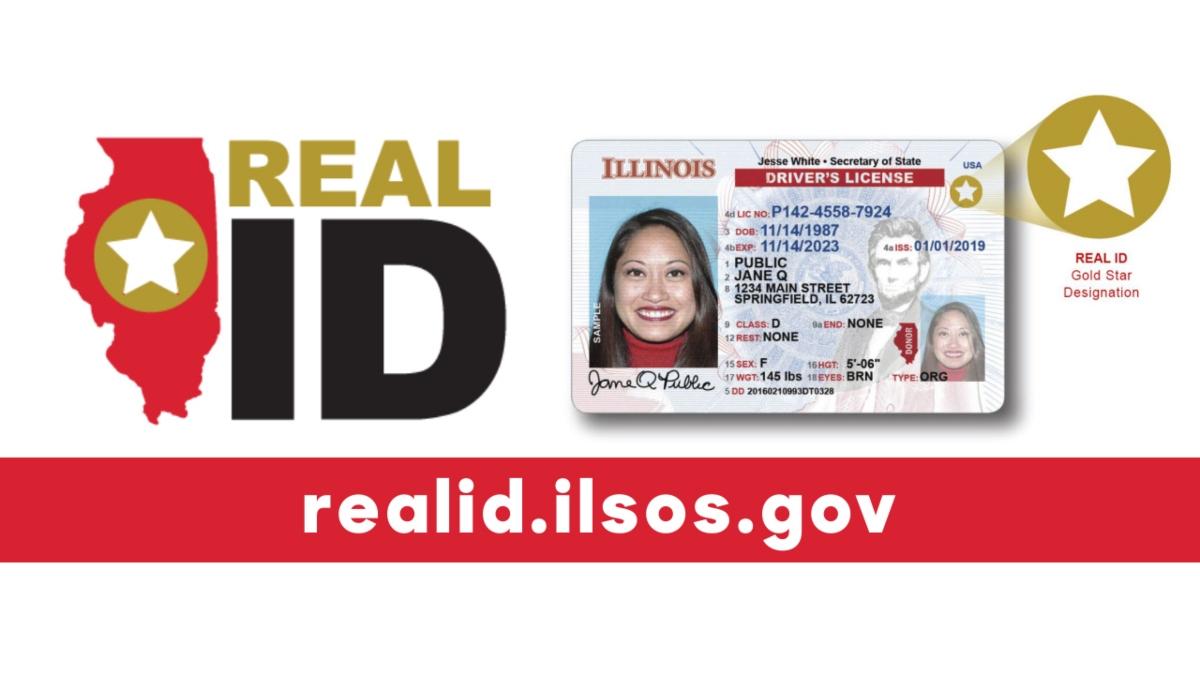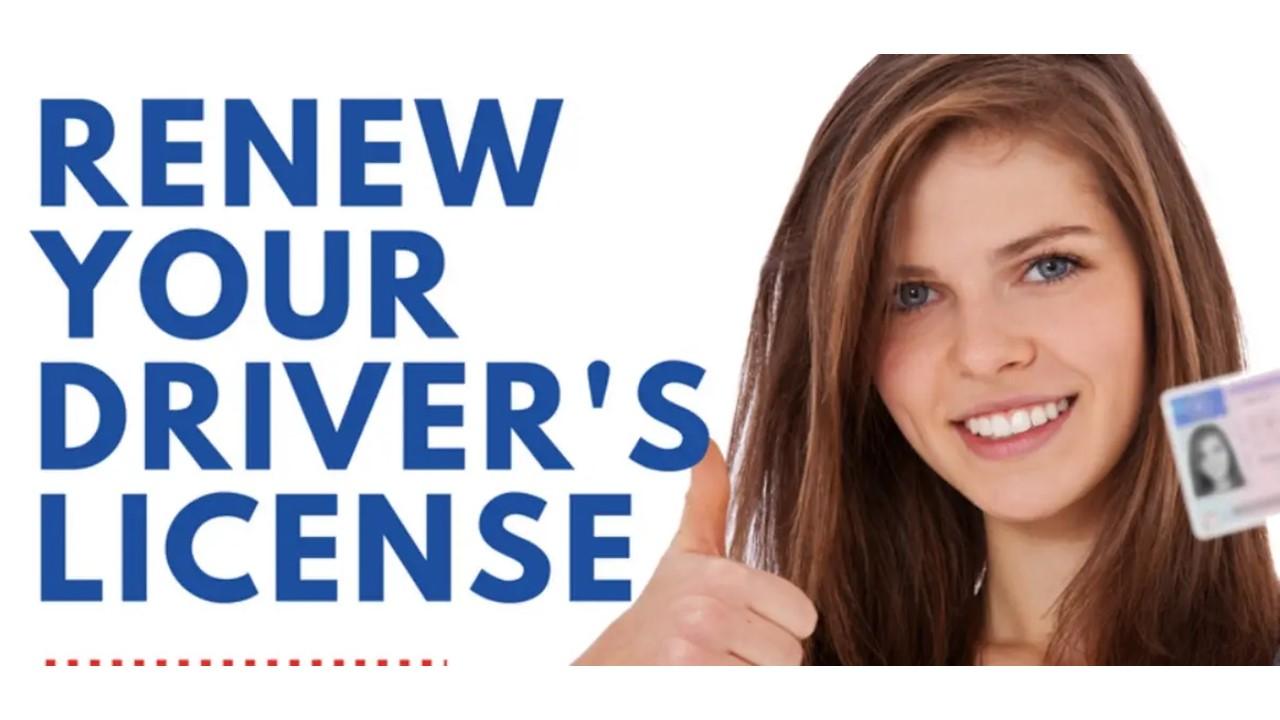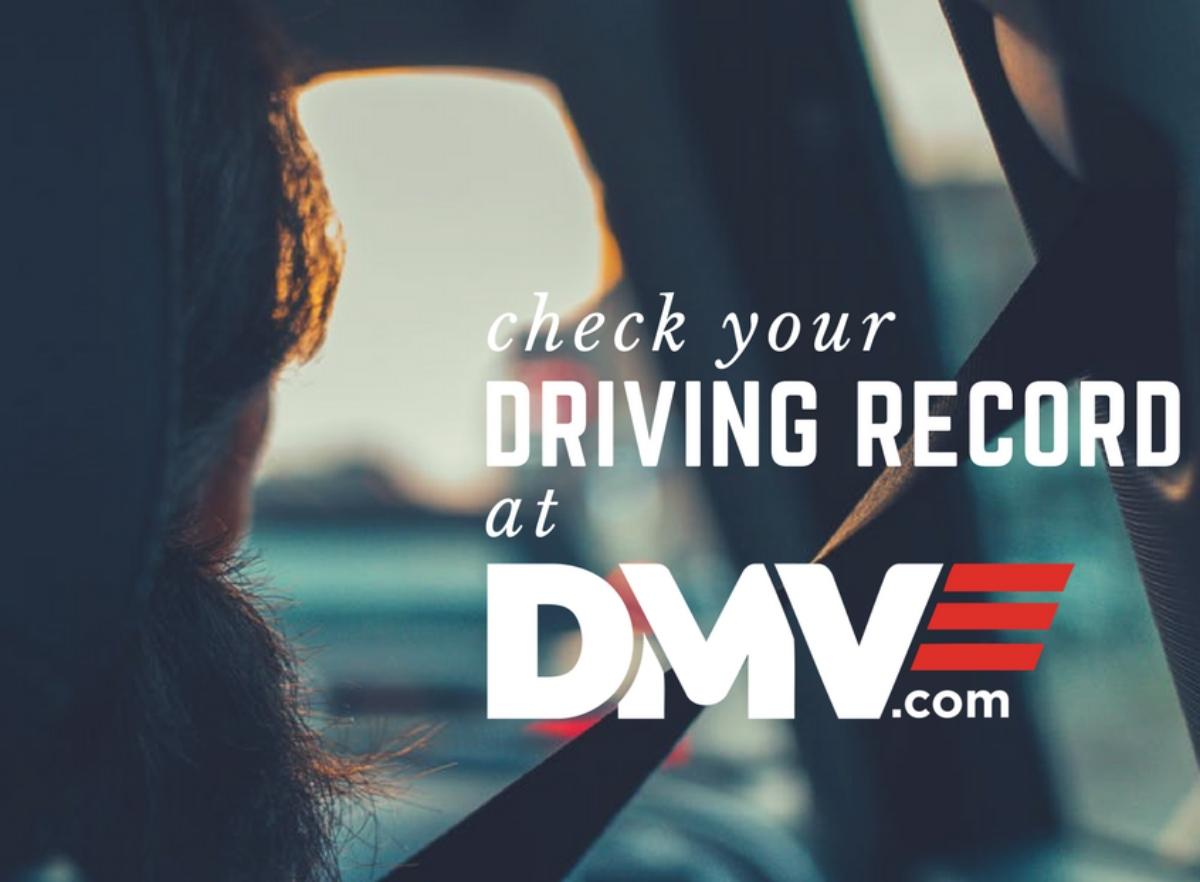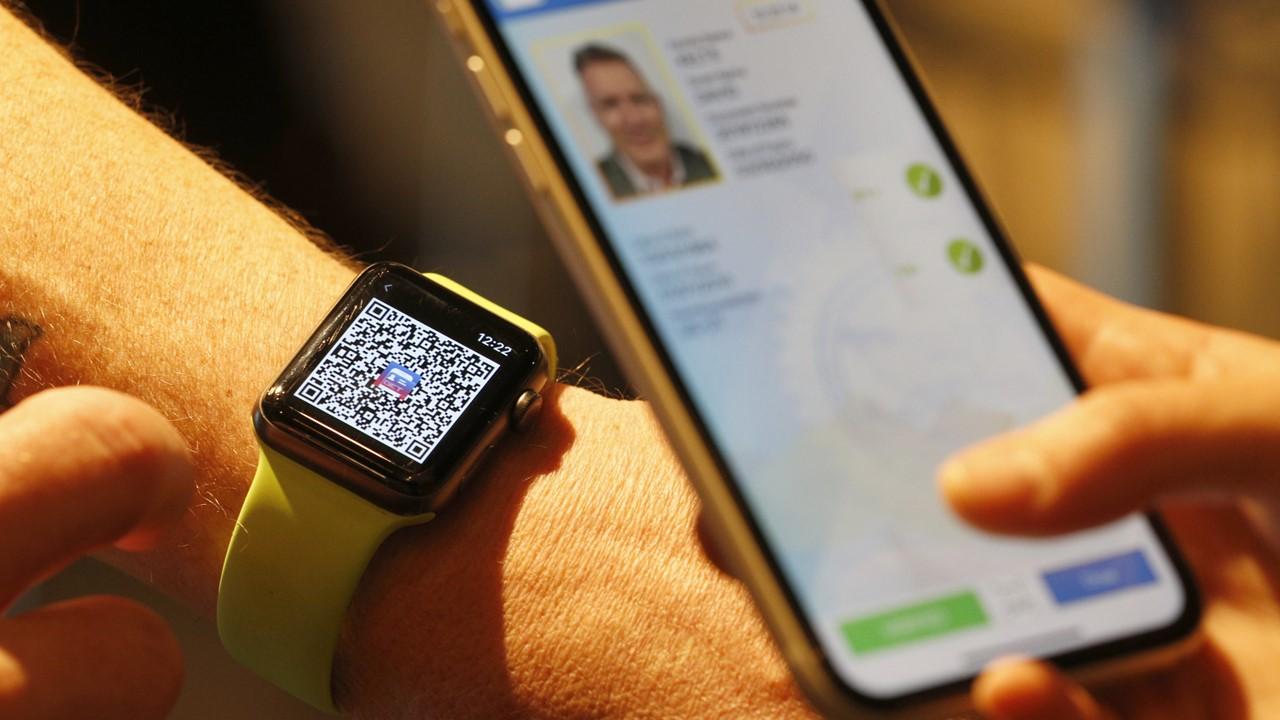If You Gave Your ID to a Scammer, Take These Key Steps Immediately
I gave my ID to a scammer. What should I do next to minimize the damage from a scammer taking my ID? Here are the crucial steps to take.
April 10 2023, Published 2:40 p.m. ET

That moment when you realize you've given your ID to a scammer, panic quickly sets in. You don't know how the scammer might use your information and whether you'll be able to prevent them from stealing your money or taking out debt in your name. If you gave your ID to a scammer, what should you do next?
Scammers are quite adept at getting consumers to hand over their personal information, including identification, without even realizing it. Don't beat yourself up or feel guilty if you somehow fell victim to a scam. However, you do need to take action immediately to fix things and protect yourself.

Giving or having your ID stolen by scammers is serious; so be sure to take steps quickly.
What can a scammer do with my ID?
Your identification, or ID, is a crucial piece of documentation that enables you to send and receive money, take out loans, and handle official business. Whatever the reason that a scammer got a hold of your ID, that person will be able to do serious damage to your credit and your reputation.
As Aura.com notes, scammers can actually steal your identity with your ID. Your official ID, such as a driver's license, contains nearly every piece of relevant personal information that scammers need to commit identity theft. Important details like your date of birth, address, driver's license number, signature, and even a photo are on your driver's license.
If giving your ID to a scammer doesn't scare you, keep in mind all that they could potentially do:
- access your bank accounts and withdraw all funds
- open new bank accounts or credit cards
- take out loans in your name
- buy expensive items
- get access to government services like benefits
- access your social media accounts
In addition to lost money, scammers could negatively impact your credit score through these actions.

Here's what to do if you gave your ID to a scammer or lost it.
Generally, when speaking of lost ID, we're referring to a driver's license, though losing your Social Security card or other official documents can also be devastating. If you've lost your driver's license, here are the steps to follow to minimize the damage scammers could do.
First, contact the Department of Motor Vehicles, or DMV. Call or go in-person to the DMV (or see whether you can take action online first). Let them know your license is missing or stolen and ask for a "Verify ID" flag to be added to your license, so that a scammer trying to use it will alert law enforcement. Ask the DMV how to request a new license with a new number (and if you find your lost license, destroy the old one.)
Experian also notes that you should file a police report, whether you lost your physical license or gave out the number to a scammer. Next, be sure to file a fraud alert or set up a credit freeze. Freezing your credit will prohibit anyone from opening up new lines of credit in your name, which they could do with your license information.

Check records at the DMV, Social Security, your bank, and other financial and personal accounts if you've lost your ID.
Other important steps are to check with the USPS to find out whether someone has changed your mailing address. If they have, they could reroute your sensitive mail like credit cards and bank statements. You might also want to run a criminal background check on yourself to determine what the scammer has done with your ID.
Be sure to monitor the following for any suspicious activity:
- your Social Security account
- credit report
- bank statements
- credit card statements
Here's how to report a lost ID or identity theft.
Anytime you've lost or given out your ID, you should report it to the FTC at IdentityTheft.gov and also report it to your state's motor vehicles department. Remember to also file a police report. Contact all three credit reporting bureaus as well to set up a fraud alert, which means if anyone tries to use your ID for fraudulent activity, they'll be asked to verify their identity.

Set up credit monitoring to keep an eye on your credit and be notified of any new credit pulls in your name.
What should you do if you gave your information to a scammer?
If you've already lost or given out information to a scammer, you'll need to be particularly vigilant about monitoring and protecting your identity and your credit. Take the steps listed above, and once you've ensured you have a new ID, work to protect it moving forward. Never share personal information with strangers and store sensitive documents in a safe place like a lockbox or safety deposit box. Don't respond to unexpected messages requesting your information.
